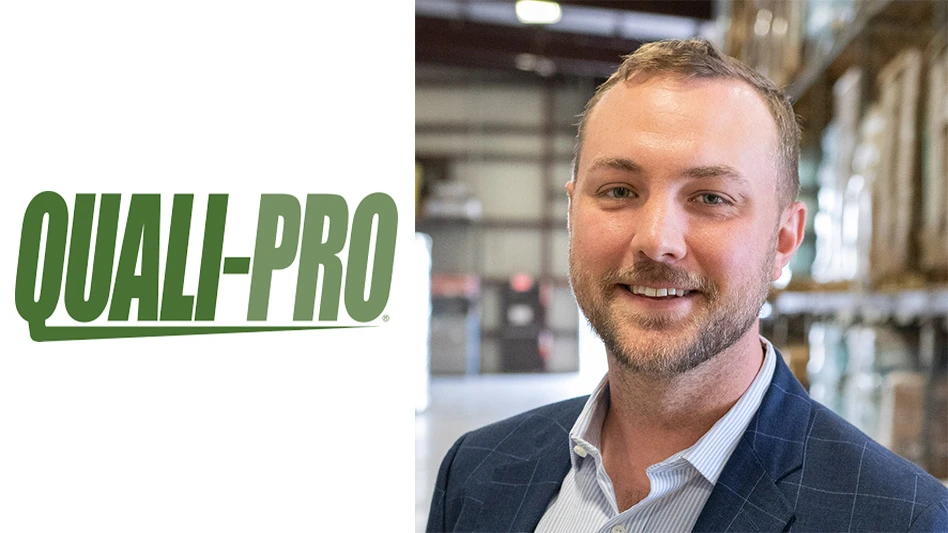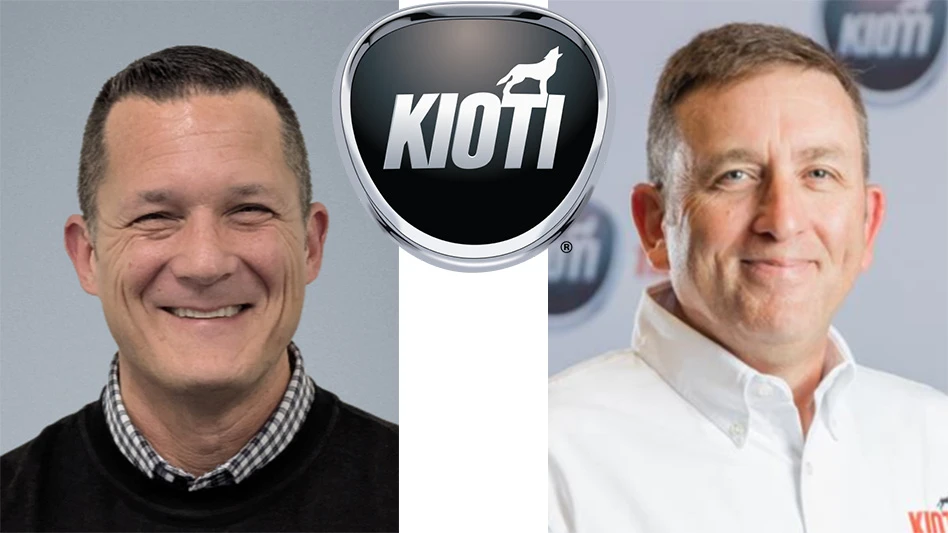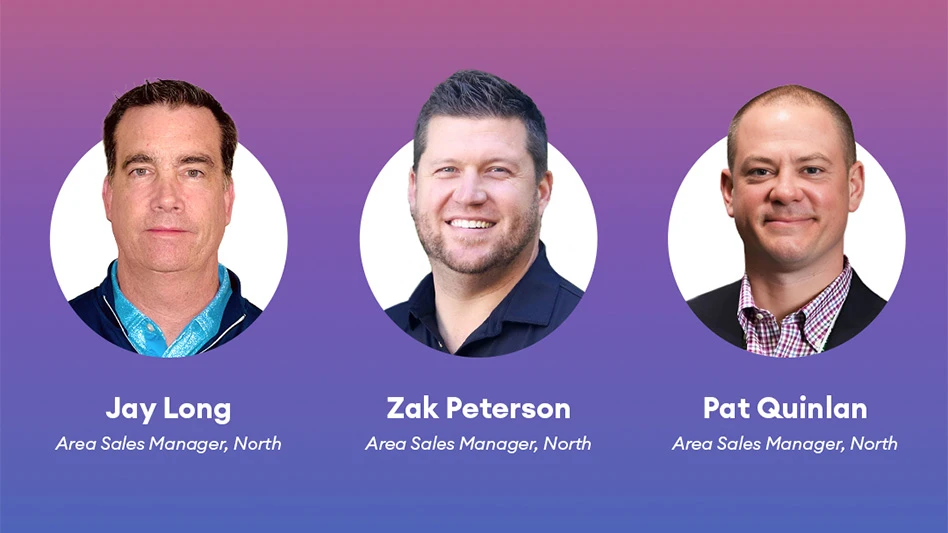The argument against government-owned golf courses is usually based on an opinion that golf is an “inappropriate activity” for government or that government courses compete “unfairly” against private sector daily-fee operators.
According to recent information from the NGF, there are 15,945 golf courses in the U.S. Of these courses, 11,643 (73 percent) are open to the public. There are currently 2,458 government-owned courses in the U.S. This number represents 15 percent of all courses and 21 percent of all public courses. The first 18-hole municipal golf course in the United States opened in 1895 in Van Cortland Park, in New York City. Van Courtland Golf Course remains in operation today.
Based on the long history and number of government-owned courses, this category of golf is woven into the fabric of golf in this country and is an important segment of the game.
Government-owned golf provides the “playing fields for the masses.” It is also the “point of entry” for a great many players. I submit that keeping golf accessible – to as many people as possible – is a very good thing?
Government is motivated to go into the golf business for many reasons. The most common reasons are to serve its citizens and provide a healthy recreational activity.
Additional reasons may include promoting a community’s image, partnering with developers to increase property values, efficiently utilizing and preserving open space, generating revenue to support other community programs and promoting tourism. The bottom line is: Government’s primary mission is to improve the quality of life of its citizens. I cannot think of a more appropriate vehicle for government in supporting this mission than accessible, affordable, quality golf.
The other argument against government golf is “unfair competition” with the private sector. In my opinion, unfair competition occurs only when an entity utilizes predatory business practices to intentionally damage or drive the competition out of business. I submit when it comes to competition between golf courses, regardless of ownership, there are no level playing fields. Some government-owned courses do not pay property taxes; most privately owned courses do. Some government-owned courses have to deal with labor unions; most privately owned public courses do not.
In my case, Aurora Golf does not pay property taxes. However, a daily-fee course in our market pays $10 per acre foot for water. One of my courses pays $960 per acre foot for water. Another daily-fee course in our market is owned by a homeowner’s association (HOA). This course was given to the HOA debt free and uses dues to offset operating costs. My golf operation is a separate enterprise business and receives no financial support from the city. Our operation also has very high debt service payments. I am sure many daily-fee course owners can cite similar situations where government-owned courses have an advantage. I submit these are not examples of “unfair competition.” They simply reflect the challenges and business environment all golf managers operate in every day. As stated previously, “There are no level playing fields.”
In summary, government-owned golf is deservedly here to stay and every owner or manager operates in his unique business environment. The courses that will survive and prosper, regardless of ownership, are the ones with strong management, superior customer service, great course conditions and the ability to maximize the value of the golf experience.
Dennis Lyon, CGCS, is a former president of GCSAA and has managed the city of Aurora, Colo., golf program for the past 37 years.

Explore the May 2010 Issue
Check out more from this issue and find your next story to read.
Latest from Golf Course Industry
- Smart Greens Episode 1: Welcome to the digital agronomy era
- PBI-Gordon promotes Jeff Marvin
- USGA investing $1 million into Western Pennsylvania public golf
- KemperSports taps new strategy EVP
- Audubon International marks Earth Day in growth mode
- Editor’s notebook: Do your part
- Greens with Envy 66: A Southern spring road trip
- GCSAA’s Rounds 4 Research auction begins





